Leading church officials have lambasted the move of the Provincial Council of South Cotabato endorsing a coal mining project in Ned village in Lake Sebu town.
The church leaders said the decision of the provincial government to allow the coal extraction project “is a ticking time bomb” to communities and the environment.
The Provincial Council on December 6 endorsed the coal mining project of San Miguel Corporation’s Daguma Agro-Minerals Incorporated, Sultan Energy Philippines Corp, and Bonanza Energy Resources Inc.
The project, under the Coal Operating Contracts of the mining firms, covers at least 9,000 hectares of land.
Bishop Jose Colin Bagaforo, national director of Caritas Philippines, said the decision of the provincial government “contradicts its previous commitment” to protect the environment.
The prelate said the entry of coal mining operations in Lake Sebu “will greatly affect the lives of the people, especially the Indigenous communities,” adding, “It will destroy the town’s tourism industry and agriculture.”
In a resolution, the Provincial Council told mining proponents to use “strip mining with progressive rehabilitation” as the mining method instead of the open-pit mining method.
The move of the Council was a complete turnaround from its decision in June 2018 denying the approval of a resolution seeking to endorse the project.
At that time, opposition to the resolution argued that the strip mining method is considered as open-pit mining and violative of Section 22-b of South Cotabato’s Environment Code.
The Philippine Movement for Climate Justice said the proposed methods of mining in Lake Sebu are open-pit mining methods “because they are surface mining operations in which blocks of earth are dug from the surface to extract the ore, or in this case, coal.”
Bishop Cerilo Casicas of Marbel urged the Provincial Council members to understand factual data before rendering any decision with regards to the environment during a special session on December 9.
“I am inviting you not only to study the data but to understand the data before you make a moral judgment,” said the prelate.
He said, “It depends on your set of values how you make judgment… The kind of moral judgment you will make later will say a lot about the kind of moral person you are.”
Bishop Casicas reiterated his position against coal mining in Lake Sebu because it “will destroy the environment,” adding that “people concerned should also be consulted.”
The prelate said the diocese is not against any development but noted that South Cotabato “is developing even in the absence of coal mining.”
Some government institutions blamed the coal deposits in Ned village for landslides and tension cracks in the area.
On August 13, 2019, the Mines and Geosciences Bureau-Region12 issued a geohazard threat to Lake Sebu Mayor Floro Gandam recommending the extraction of the coal deposits to prevent or mitigate disasters.
The faith-based group Living Laudato Si Philippines said proponents and the government “will say anything to justify and pave the way for the destructive project.”
Adrian Tambuyat, communications head of the group, said it will be “more catastrophic if the project will push through and more people will suffer because of its impacts to health and livelihood.”
He urged the local government to “retract” its decision and “respect the memories of the Indigenous People who have died defending the ancestral lands from this kind of development aggression.”
In December 2017, eight members of the T’boli-Manobo community in Ned village, including indigenous leader Datu Victor Dayan, were killed by the army.
The military claimed it was a legitimate counter-insurgency operation and that the slain indigenous people were members of the communist-led New People’s Army.

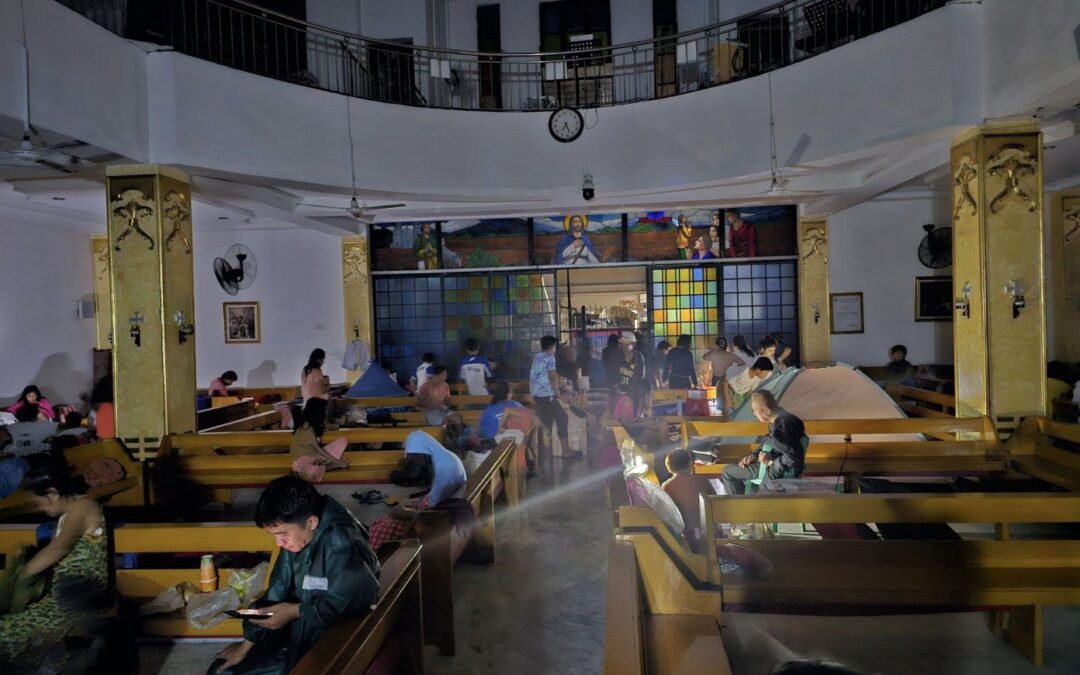
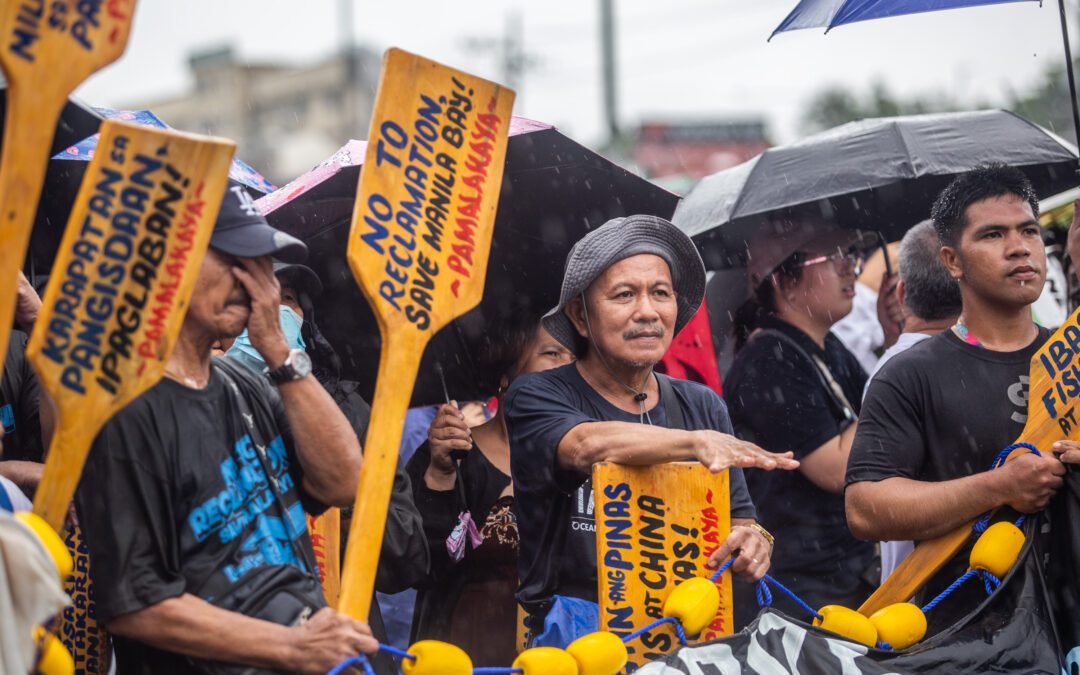
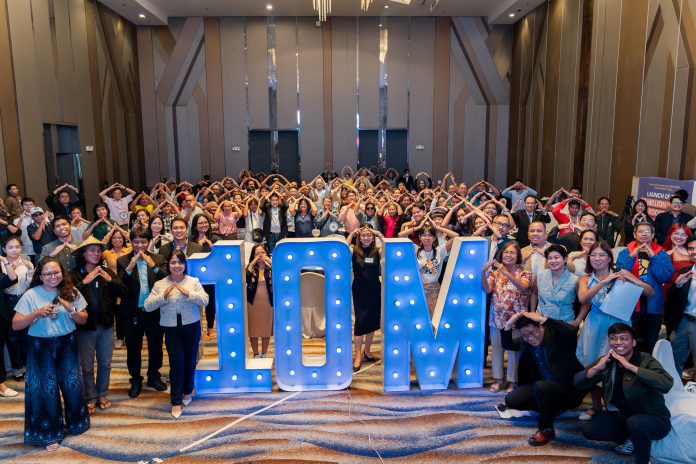
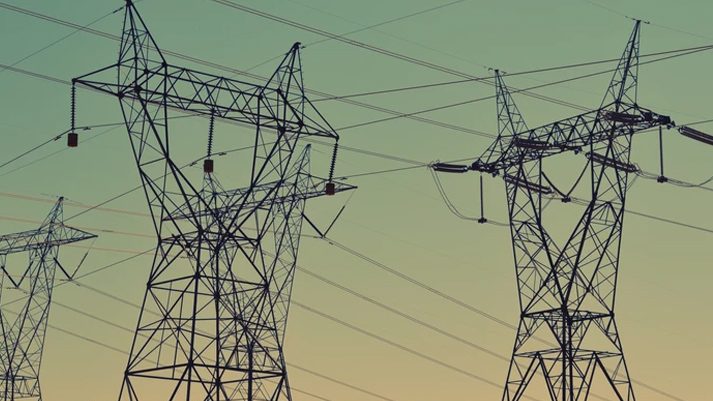
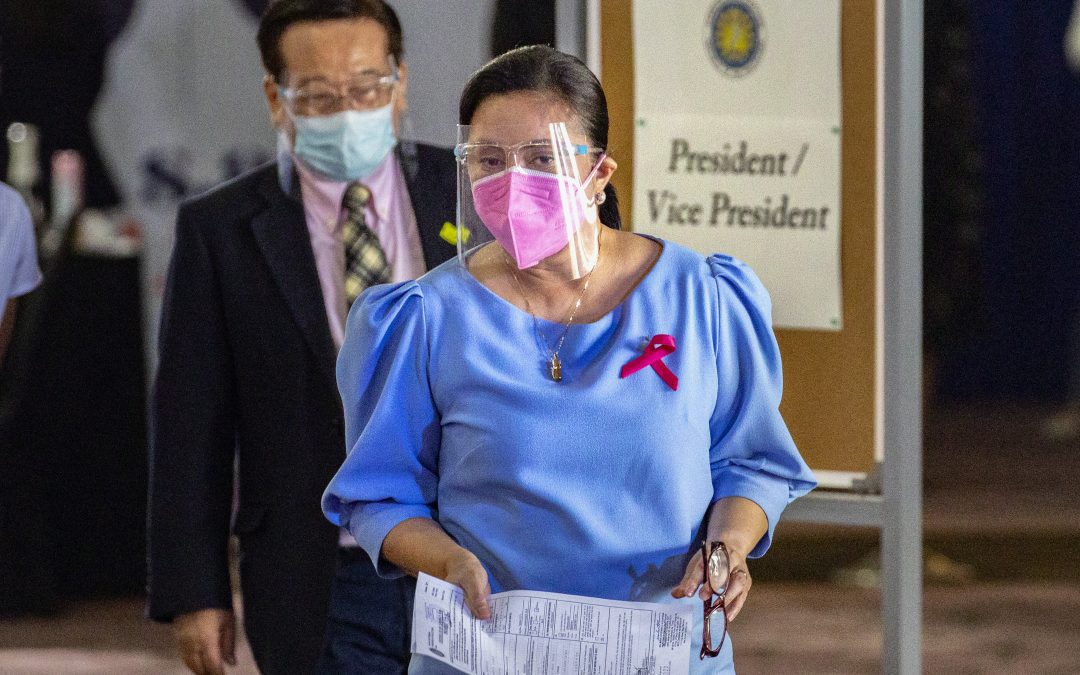
0 Comments